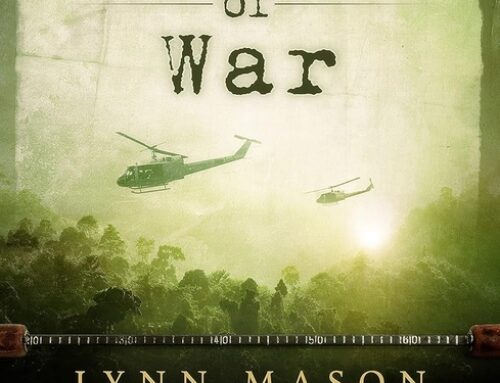
Author Jonathan Carreau sends readers on an over-the-top journey into madness in his novel, Mundanity, an alien satire of human life as we know it.
When green-skinned Vince Patelo moves to the city of Mundanity for a new job, he isn’t expecting so much drama in such a dully named town, but such is the price of survival. While he blindly toils as an anonymous tool for an evil corporation, protesters rail against quadlithium mining, in an effort to save the environment, and a grifter politician in town is tapping into the power of social media to stir up hatred and division in order to win the mayoral election. A group of violent extremists gather in basements to insult the socialist policies and physical appearance of a female upstart, claiming that “Mayors of Mundanity have always been green men.”
Vince tries to get involved in his new community, but is instead preoccupied with finding a girlfriend, saving a bit of extra money, and holding onto his job for fear of returning in shame to his parents’ house. When he breaks his wrist and gets in hot water with his landlord, he is one slip away from eviction, and is desperate for any chance to turn his fortunes around, in this carnival mirror of social commentary.
It doesn’t take long for readers to be in on the joke of this book, as within a few pages it becomes clear that this novel is heavily allegorical, boasting everything from Bux (“bucks”) and “womanism,” to U-Ride and wisephones. However, these subtly tweaked details of daily life come off more as jokes than satire, without any real emphasis on this truly “alien” world. The narration references hazmat suits, bourbon, registrar offices, City Hall, burgers and fries, gangbangers, supermarkets, bloggers, hashtags, loan agents, and dozens of other concepts that feel fully unchanged from our own world. In other words, the author could have simply written a fictional account of human society and made many of the same points, without the elbow-nudging about religion, politics, racism, employment, and gender roles.
Obviously, a satire is meant to reflect our own world, but as the book also veers into science fiction, and this element of the book gets relatively little attention, the parallels are often too obvious to even be considered satire. That said, some of the observations are amusing and thought-provoking, and might encourage readers to think critically about their own consumer-driven existences, or the collapsing structure that capitalism (“moneyism”) has designed for our modern world. In other moments, however, the obvious references are handled awkwardly, such as scenes surrounding gender conformity, queerness, and race. For example, Clancy Sullivan is a recognizable figure – a hateful comedian and bigoted misogynist who has somehow gained the public’s attention and cheap fame as a politician – but he is so on-the-nose, and so vile, that it’s unclear what comment the story is making, other than seeming like a kind of fictional doom-scrolling.
These issues aren’t helped by the writing having myriad technical issues: incorrect dialogue formatting, misspelled words, missing punctuation, and repetitive/choppy syntax further take a reader out of the chance for fictional immersion. As a whole, while Carreau may miss the mark in terms of subtlety, the allegorical ideas behind the story are strong, many of the punchlines land with a satisfying splash, and the novel offers an accurate depiction of our current Earthbound mess.
Book Links
STAR RATING
Design
Content
Editing
Get an Editorial Review | Get Amazon Sales & Reviews | Get Edited | Publish Your Book | Enter the SPR Book Awards | Other Marketing Services























Leave A Comment